Oscars Countdown: 'Darkest Hour'
I play matchmaker in an attempt to help two movies.

Darkest Hour may cover a considerably wider window than Dunkirk, but the two spend a surprising amount of time on the same page. It’s almost odd, given how they’re both nominated for Best Picture this year. I’m afraid the only lasting impact Darkest Hour had on me was a recent obsession with these long lost siblings of cinema. So let this serve not only as a review of one film, but as a pitch for a version of either World War II snooze button that might’ve been a more exciting time.
Make me a match.

Ok, just hear me out.
Both Darkest Hour and Dunkirk suffer from environments that grow stale due to a lack of variety within the given settings. The former feels like a lengthy meeting, and the latter feels like a commute home on a day in which you were forced to skip lunch. They’re both unquestionably well-made disappointments that hover in the shadows of more inspiring choices for your yearly Oscar viewing. Dunkirk was in desperate need of more engaging characters, and Darkest Hour was in desperate need of two scenes that didn’t look identical to one another. I can’t help but want to play matchmaker.
Empty Cleverness
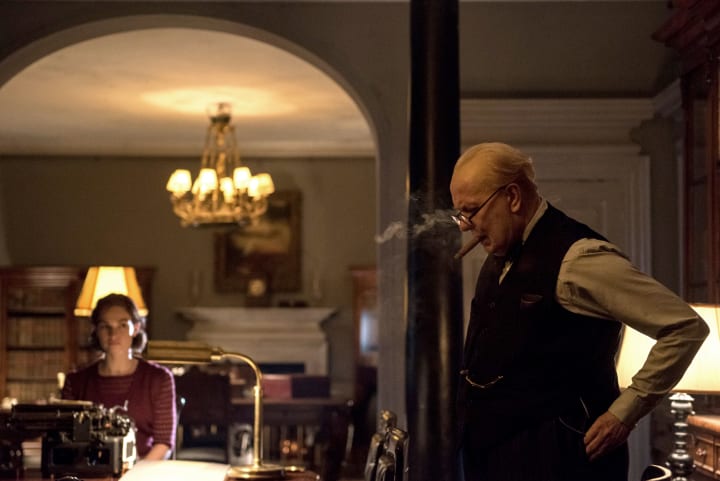
Something about 'Darkest Hour's wit just isn't enough.
Seeing as we’ve already covered Dunkirk in this series of Best Picture reviews, this’ll mostly focus on Darkest Hour. But I couldn’t talk about this move for more than two minutes without mentioning Dunkirk, so we’re taking that idea and running with it. Darkest Hour contains the quips and monologues you’d expect from any small slice of a Winston Churchill biopic. That kind of banter usually speaks to me, but there’s something monotone about the dialogue’s delivery. Both Darkest Hour and The Imitation Game are excessively chatty, but the one about the world’s first computer is somehow thrilling while the two-hour war cry falls flat.
Gary Oldman transforms again.
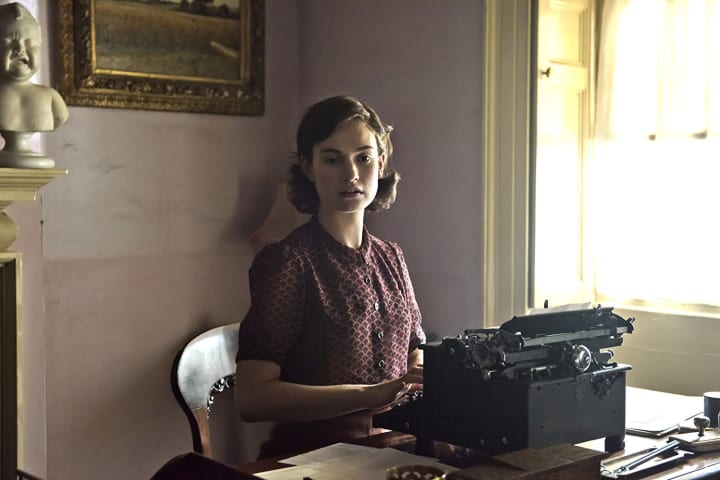
If you look closely, you can see this is also in fact Gary Oldman.
My disappointment isn’t a reflection of Gary Oldman’s performance. His portrayal of Churchill does occasionally feel more like an SNL impression, but that’s an inevitable thing when you recreate a particularly colorful or eccentric personality. I remember thinking Andrew Garfield was way over the top in Hacksaw Ridge, only to see the real Desmond Doss in the end credits and say wow, I suppose Garfield did an amazing job. Maybe Churchill really was the lovechild of Porky the Pig and that drill sergeant from Full Metal Jacket.
Regardless of biopic limitations, I am still surprised by Oldman’s stampede through these award shows. He’s extremely likable and respected in the industry which, combined with this not being so much better than the competition, gives his long-overdue run a very 2016 Leo vibe. It’s tough not to root for the most transformative actor in Hollywood. Gary Oldman may have actually played Padfoot in Harry Potter. The guy’s a legend. While it may not be my favorite performance of this season’s leading men, Oldman’s Churchill is captivating and clearly worthy of a more interesting backdrop. Enter Dunkirk.
The Hybrid Film
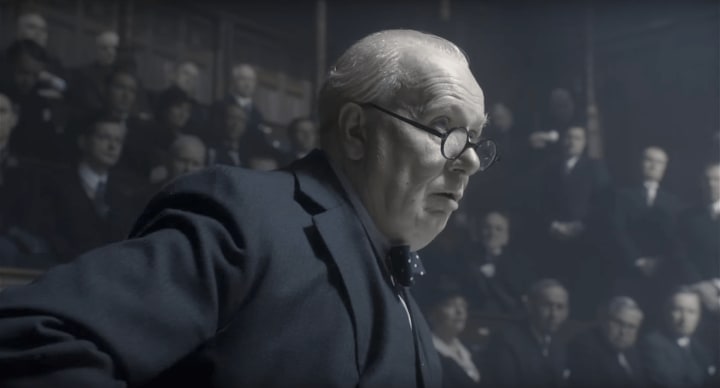
Let's Frankenstein a fun movie together.
Unless there’s a hidden side of history where Winston Churchill fights on the front lines, channeling the vampire hunter to his Abraham Lincoln, my hybrid idea would obviously be presented through different perspectives. Churchill often refers to the disastrous situation developing at Dunkirk, only for the film to jump straight into another speech or meeting. Sure, The Imitation Game and the more cerebral wartime films don’t need those action-packed events to actually appear on screen, but this one did so I’m suggesting it.
A Match Made in Heaven

Darkest Dunkirk Now in Full Swing
With Gary Oldman helming the script from behind a desk, we’re drawn to a magnetic figurehead as his speeches provide the soundtrack to Nolan’s gripping visuals. Dunkirk’s many minor players, who originally couldn’t hold the weight of their own movie, all of a sudden become less-is-more contributors to the story as we periodically check in on their struggle. Churchill’s well-dressed, snooty assemblies provide a chilling contrast to those desperately fighting to witness tomorrow. One perspective actually lends credibility to the other’s sense of bureaucratic urgency.
It’s clearly more of a premise than it is any fleshed out story, and I’m aware of how revising anything Nolan on the Internet is a lot like sporting a bumper sticker for the current administration. The only point I’m attempting to validate here is the idea that these two films may have benefitted from each other’s company. A whole 22 percent of this year’s Best Picture nominees are boring World War II movies that thematically overlap at a comical frequency. I swear they even share a shot of that civilian navy.
The Verdict
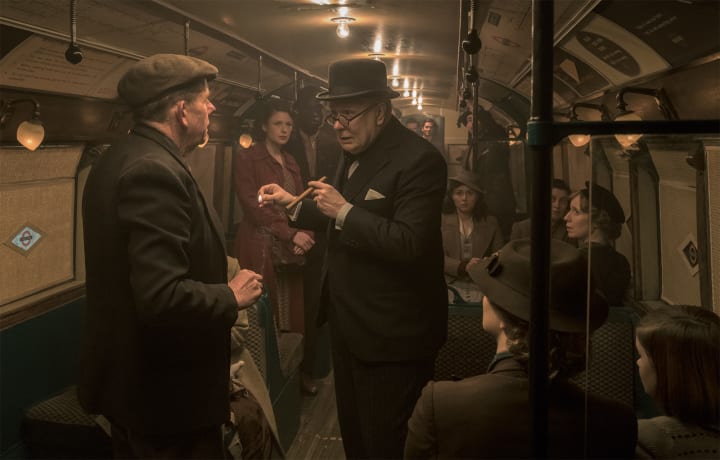
A Charming, Albeit, Out of Place Sequence
So does the runtime allow this union? Sure, just slide Churchill’s best moments into the 90 cumulative minutes it takes for Tom Hardy to run out of gas. Jokes aside, the back and forth would’ve injected a livelier pace into both settings. I encourage any aspiring editor out there to team up with me, we make this thing happen, and then we all get arrested for copyright violations. The verdict is that Darkest Hour does to dialogue what Dunkirk did to action. It’s well done, and I don’t care.

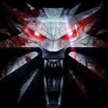



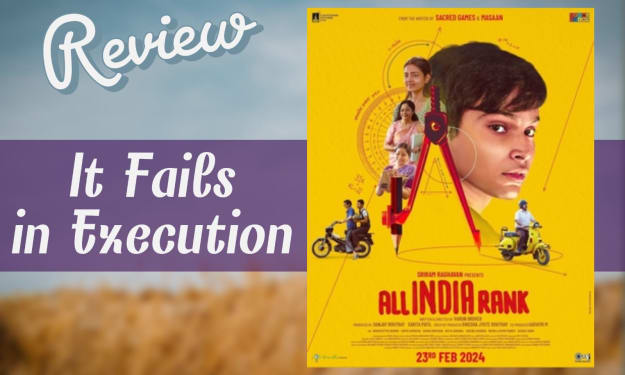

Comments
There are no comments for this story
Be the first to respond and start the conversation.